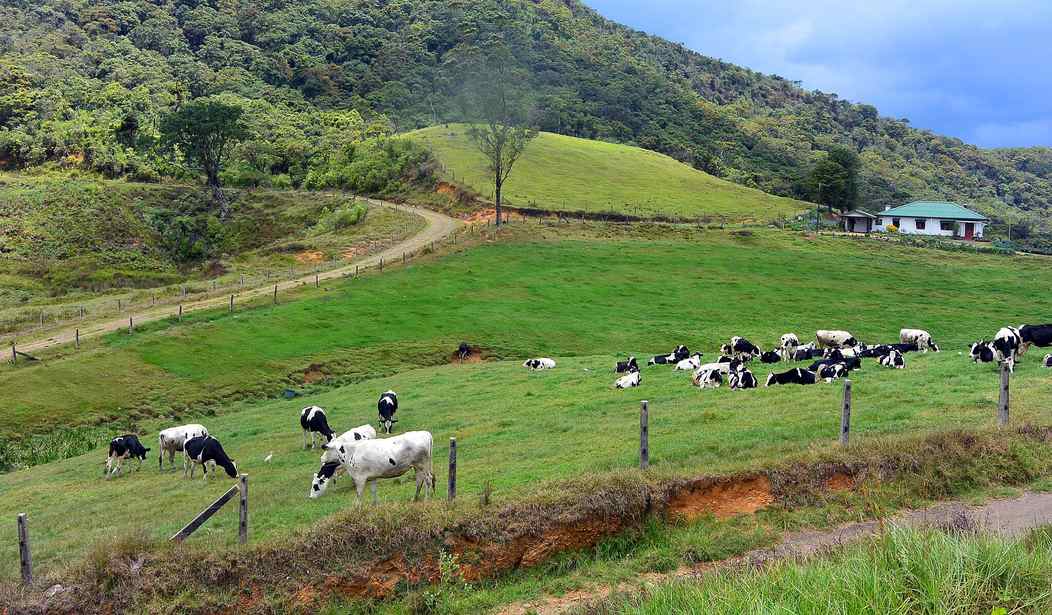The Dublin Declaration emphasizes the vital nutritional content of animal foods that cannot easily be replaced through sole reliance on plant-based foods:
Livestock-derived foods provide a variety of essential nutrients and other health-promoting compounds, many of which are lacking in diets globally, even among those populations with higher incomes. Well-resourced individuals may be able to achieve adequate diets while heavily restricting meat, dairy and eggs. However, this approach should not be recommended for general populations, particularly not those with elevated needs, such as young children and adolescents, pregnant and lactating women, women of reproductive age, older adults, and the chronically ill. The highest standards of bio-evolutionary, anthropological, physiological, and epidemiological evidence underscore that the regular consumption of meat, dairy and eggs, as part of a well-balanced diet is advantageous for human beings.
Some of the nutrients in animal products that are virtually non-existent or not bioavailable in plant foods include:
- Vitamin B12
- Omega-3 fatty acids
- Vitamin D3
- Iron
Any vegan who claims that these nutrients are not necessary for optimal health is either ignorant or lying.
Beyond the benefit of livestock to human health when consumed as food, the declaration also notes the environmental benefits of raising animals for food (ruminants being grazing animals that extract nutrients from the plants they eat through fermentation in their stomachs):
Ruminants in particular are also capable of valorising marginal lands that are not suitable for direct human food production. Furthermore, well-managed livestock systems applying agro-ecological principles can generate many other benefits, including carbon sequestration, improved soil health, biodiversity, watershed protection and the provision of important ecosystem services.
Livestock, particularly cattle, are integral to a practice called regenerative farming, commonly defined as “a set of farm management principles which put soil health at the center of agriculture practice.”
In nature, before the involvement of man, ruminants such as bison coexisted with and complemented our grasslands as they roamed in huge mobs. Native grass species thrived under short-duration, high-intensity grazing, and reaped the benefits of nutrient cycling as residual forage was trodden into the ground along with nutrient-rich manure.
In the increasingly pervasive practice of monoculture farming, in which a plot of land is seeded over and over again with a single crop like soybeans or corn (usually by a giant corporation) without any ruminants to replenish the soil with manure, the quality of the soil suffers and, as a consequence, so does the quality of the food that is produced.
No matter how insistent the vegan propaganda, the biological and ecological facts are that animals raised as livestock, preferably pasture-raised, are essential to both the well-being of humans and the environment at large.









Join the conversation as a VIP Member